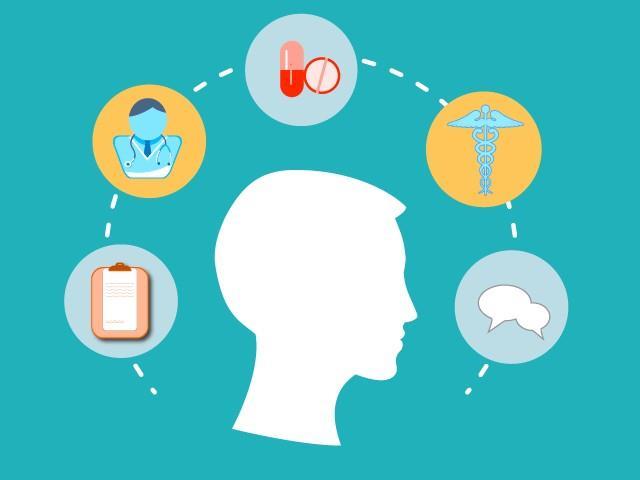CONSEQUENCES WITH BODY IMAGE
Is Social Media causing its users to struggle with body image issues? Body Image is defined as the subjective picture or mental image of one’s body. Social Media Sites often promote unrealistic perception of the “Ideal Body” with trends like #fitspiration or #thinspiration Studies have shown a positive correlation between time spent on social media and negative body image thoughts. Which then leads to a higher risk of developing illnesses such as Eating disorders and other body dysmorphic disorders (such as Muscle dysmorphia or “snapchat” Dysmorphia)
Eating Disorders -Characterized as a severe change in eating habits and thoughts and emotions around food -affects people of all ages, races, sizes, genders, sexual orientations and backgrounds -roughly 9% of the world's population is affected by an eating disorder. -Eating disorders are the second deadliest mental illness, taking around 10,200 lives each year. -26% of people with eating disorders attempt suicide
Snapchat dysmorphia -Filters supplied on social media sites, such as snapchat, are being used as peoples inspiration for elective cosmetic surgery -1 in 50 patients that receive plastic surgery are struggling with this Illness
Muscle Dysmorphia -often characterized by anabolic steroid abuse, overexercise and an obsession to achieve the “ideal lean and muscular male body” -Nearly 427,000 UK males experienced muscle Dysmorphia
IT IS TIME TO START STRICTLY REGULATING POSTS AND ADVERTISEMENTS ON SOCIAL MEDIA THAT PROMOTE UNHEALTHY BODY EXPECTATIONS AND PROMOTE HEALTHY LIVING IN ALL BODY SIZES. -LEEANN CECIL
































